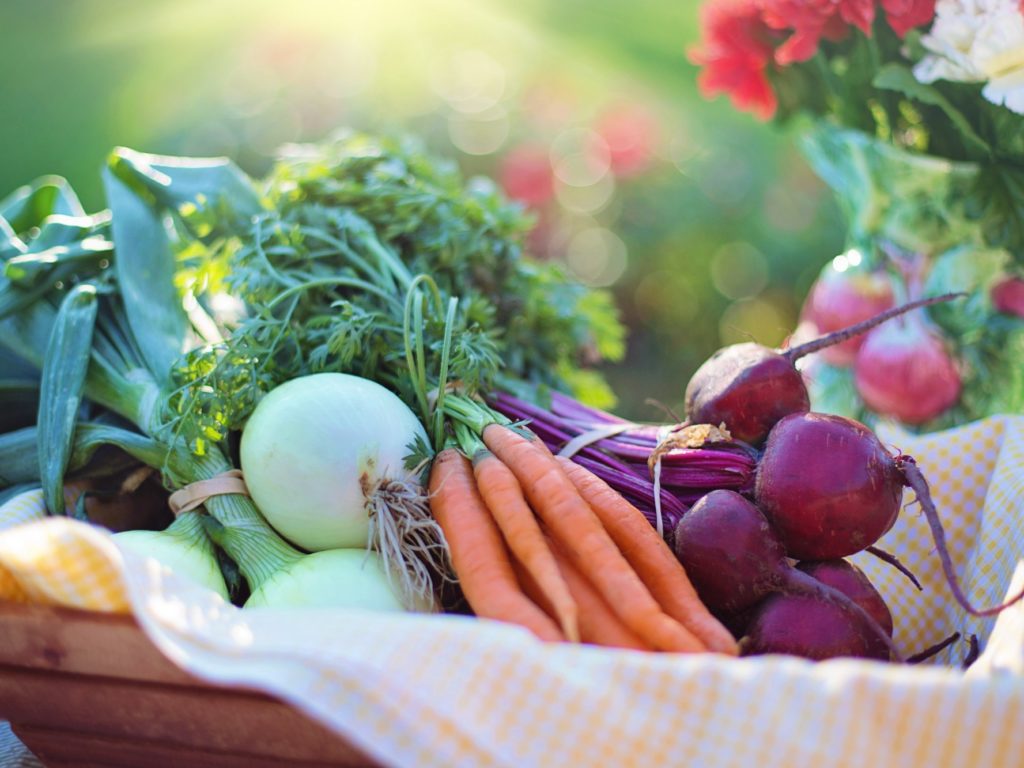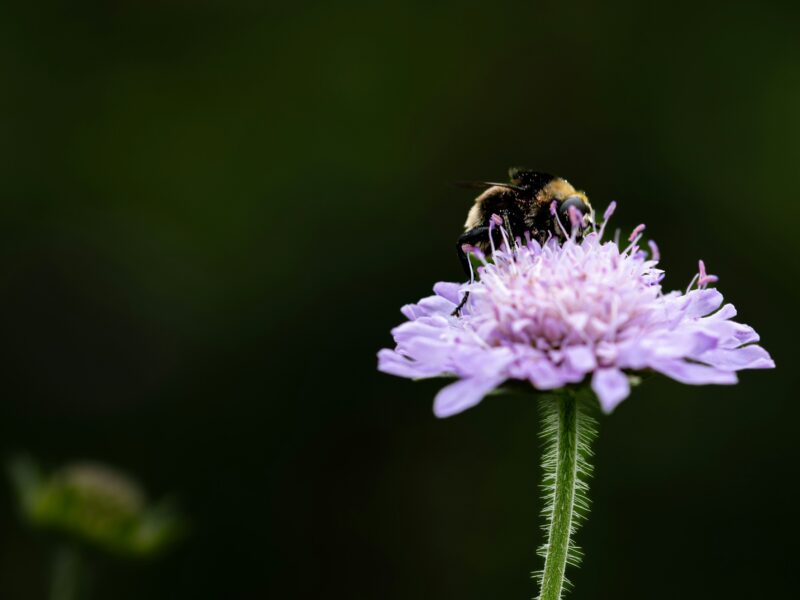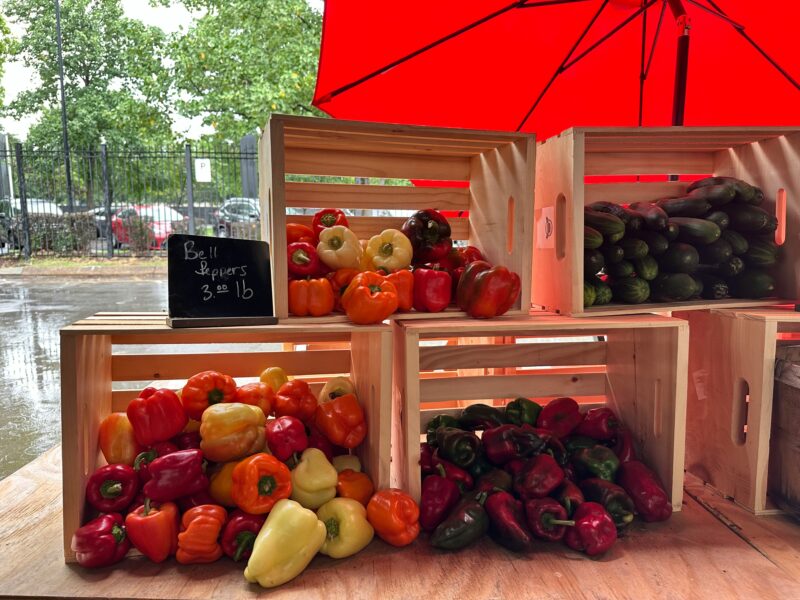Organic farms should not be seen as a threat to the conventional sector, but instead a protective relative. Almost a century ago, Monsanto opened a chemical factory in Anniston, Ala., and Mathieu Asselin spent years photographing the town’s damaged landscape. A study on rats said to show that a chemical in Monsanto’s Roundup weedkiller poses “a significant public health concern.” Also in the news, the Department of Agriculture’s proposed food labeling rule threatens to further undermine consumer trust. Many consumers and food labeling advocates have dissected the proposed rule, finding that the new “BE” label with sunshine and happy faces will only further confuse consumers and keep GMO ingredients hidden. Modern Farmer provides a tutorial for making a bee hotel. And the U.N.’s Food and Agriculture Organization laid out six ways to show our gratitude to bees, butterflies and other vital pollinators. After a virus was created from mail-order DNA, scientists are sounding the alarm about the genetic tinkering carried out in garages and living rooms. Quebec will spend $500 million to get more people eating locally grown food. And lastly, a new study shows almost all farms could significantly cut chemical use while producing as much food, in a major challenge to the billion-dollar pesticide industry.
More organic farms means less pressure on the environment
In Ireland, stricter new nitrates regulations came into effect on December 20, 2017 after agreement with the European Commission on the 2018–2021 renewal of our nitrates derogation for more heavily stocked farms. Another organic farming caveat must be added: it still generates manure, and clover (which organic farmers use to replace mineral fertilisers) if managed incorrectly can still lead to nitrogen leaching. Nevertheless, more organic farming should never be seen as a threat to the conventional sector; it should be seen more as a protective relative.
Toxic neighbour: Monsanto and the poisoned town
Almost a century ago, Monsanto opened a chemical factory in Anniston, Alabama. Mathieu Asselin spent years photographing this damaged landscape – including a creek where the water runs red.
Glyphosate shown to disrupt microbiome ‘at safe levels’, study claims
Study on rats said to show that the chemical, found in Monsanto’s Roundup weedkiller, poses ‘a significant public health concern’.
Food Labeling Rule Threatens to Further Undermine Consumer Trust
Americans have already lost faith in big food brands, and the brands are only giving consumers more reasons not to trust them. In 2015, food, farm and biotechnology companies, and their trade association spent more than $100 million to fight consumers’ right to know what’s in their food and how it’s grown. Last year, the industry successfully delayed an update to the Nutrition Facts Panel on packaged foods.
USDA Unveils Prototypes For GMO Food Labels, And They’re … Confusing
Foods that contains genetically modified ingredients will soon have a special label.
We recently got the first glimpse of what that label might look like, when the U.S. Department of Agriculture released its proposed guidelines.
How to Build a Native Bee Hotel
We think of bees as hive creatures with a nasty sting. But not all bees live in hives or have such an aggressive approach to self-defense. In fact, the great majority of native bee species live a solitary lifestyle and have puny stingers, which are virtually harmless and rarely used.
Bee-ing grateful to our pollinators
6 ways to show our gratitude to bees, butterflies and other vital pollinators.
Farms could slash pesticide use without losses, research reveals
Study shows almost all farms could significantly cut chemical use while producing as much food, in a major challenge to the billion-dollar pesticide industry.
Quebec to spend $500 million to get more people eating locally grown food
Already a national leader in the production of local and organic food, the Quebec government is promising to spend $500 million over the next five years to boost the fledgling industry. Speaking at a farm in Île Perrot, just off Montreal’s West Island, Premier Philippe Couillard said Friday the money will go toward increasing exports of Quebec-grown food, expanding processing capacity and encouraging more production in rural areas.
As D.I.Y. Gene Editing Gains Popularity, ‘Someone Is Going to Get Hurt’
After a virus was created from mail-order DNA, scientists are sounding the alarm about the genetic tinkering carried out in garages and living rooms.









